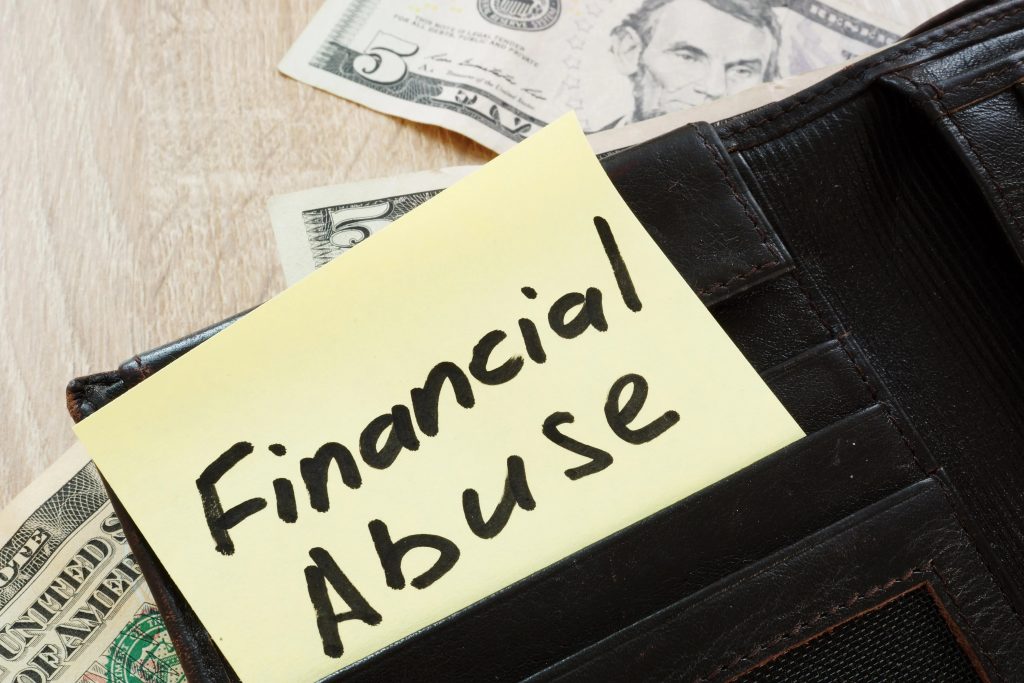As we age, our financial security becomes more critical than ever. Unfortunately, seniors are often targeted by scammers, dishonest caregivers, and even family members who exploit their trust for financial gain. Financial abuse can leave lasting emotional scars and significantly impact your ability to enjoy retirement.
The good news is that by staying informed and taking proactive steps, you can protect yourself from financial abuse and safeguard your hard-earned assets. This guide will help you understand the risks, recognize warning signs, and adopt strategies to stay safe.
Understanding Financial Abuse
Financial abuse occurs when someone takes or misuses your money, property, or resources without your permission. This abuse can come from many sources, including strangers, caregivers, or even family members. The tactics used range from scams and fraud to subtle manipulation or pressure.
Seniors are often targeted because they are perceived as more trusting or less tech-savvy. Additionally, those who are isolated, have memory issues, or rely on others for help may be at greater risk. Understanding the common forms of financial abuse can help you stay vigilant.
Recognizing Common Scams
Scammers are constantly finding new ways to exploit unsuspecting seniors. Phone scams, such as callers pretending to be from the IRS or Social Security Administration, are common. These scammers may demand immediate payment or threaten legal action.
Email and online scams also pose significant risks. Fraudsters may send fake emails pretending to be from your bank or a trusted company, tricking you into providing sensitive information. Other scams include fake charities, investment schemes, and romance scams targeting seniors through online dating platforms.
Knowing these tactics and staying skeptical of unsolicited calls, emails, or offers can help you avoid falling victim to scams.
Protecting Your Personal Information
Your personal information, such as your Social Security number, bank account details, and passwords, is the key to your financial security. Keeping this information private is crucial.
Only share sensitive information with trusted individuals or institutions, and only in secure settings. Avoid giving out details over the phone or online unless you initiated the contact and are certain of the recipient’s legitimacy.
Shred documents containing personal information before discarding them, and consider using password managers to keep your online accounts secure.
Setting Boundaries with Family and Friends
While it’s natural to want to help loved ones, it’s essential to set clear boundaries regarding your finances. Financial abuse can sometimes come from family members or friends who pressure seniors for money, often with emotional manipulation or false promises.
If someone asks for financial help, take the time to assess the situation carefully. Discussing the matter with a trusted advisor or another family member can provide clarity. Never feel obligated to provide financial assistance if it compromises your security or comfort.
Reviewing Financial Statements Regularly
One of the best ways to protect yourself is to keep a close eye on your financial accounts. Regularly reviewing bank and credit card statements can help you quickly spot unauthorized transactions or unusual activity.
If you notice anything suspicious, report it to your bank or credit card company immediately. Early detection can prevent further financial loss and give you peace of mind.
Establishing Legal Protections
Creating legal safeguards can provide an added layer of protection against financial abuse. Consider setting up a power of attorney that outlines who can make financial decisions on your behalf if you become unable to do so.
Choose someone you trust completely and discuss your expectations clearly. Working with a lawyer or financial advisor to create a will and other legal documents can also ensure your wishes are followed and your assets are protected.
Seeking Trusted Advice
Having a network of trusted advisors, such as financial planners, accountants, or attorneys, can help you make sound financial decisions. These professionals can provide valuable guidance and act as a buffer against potential scammers or manipulators.
When choosing an advisor, ensure they have a good reputation and the necessary credentials. Avoid working with anyone who pressures you into making quick decisions or investing in something you don’t fully understand.
Staying Connected
Isolation can make seniors more vulnerable to financial abuse. Staying socially connected with friends, family, and community groups can reduce your risk. Regular interactions with trusted individuals provide opportunities to discuss your concerns and seek advice if something doesn’t feel right.
Joining senior centers, participating in activities, or staying active in your community can help you build a supportive network. If you feel uneasy about a financial decision, talking it over with a trusted friend or family member can provide clarity and reassurance.
Reporting Financial Abuse
If you suspect you are a victim of financial abuse, it’s important to act quickly. Contact your bank or financial institution to freeze accounts and prevent further losses. Reporting the abuse to local law enforcement, adult protective services, or organizations like the National Elder Fraud Hotline can help hold perpetrators accountable.
Remember, financial abuse is a crime, and you have the right to protect yourself. Seeking support from trusted individuals or professionals can make the process less overwhelming.
Conclusion
Financial abuse is a serious issue that affects many seniors, but you can take steps to protect yourself and your assets. By staying informed, setting boundaries, and seeking trusted advice, you can reduce your risk and maintain control over your finances.
Remember, you have the right to feel secure and respected in your financial dealings. If something feels off, trust your instincts and seek help. With the right precautions and support, you can safeguard your finances and enjoy your retirement with peace of mind.


